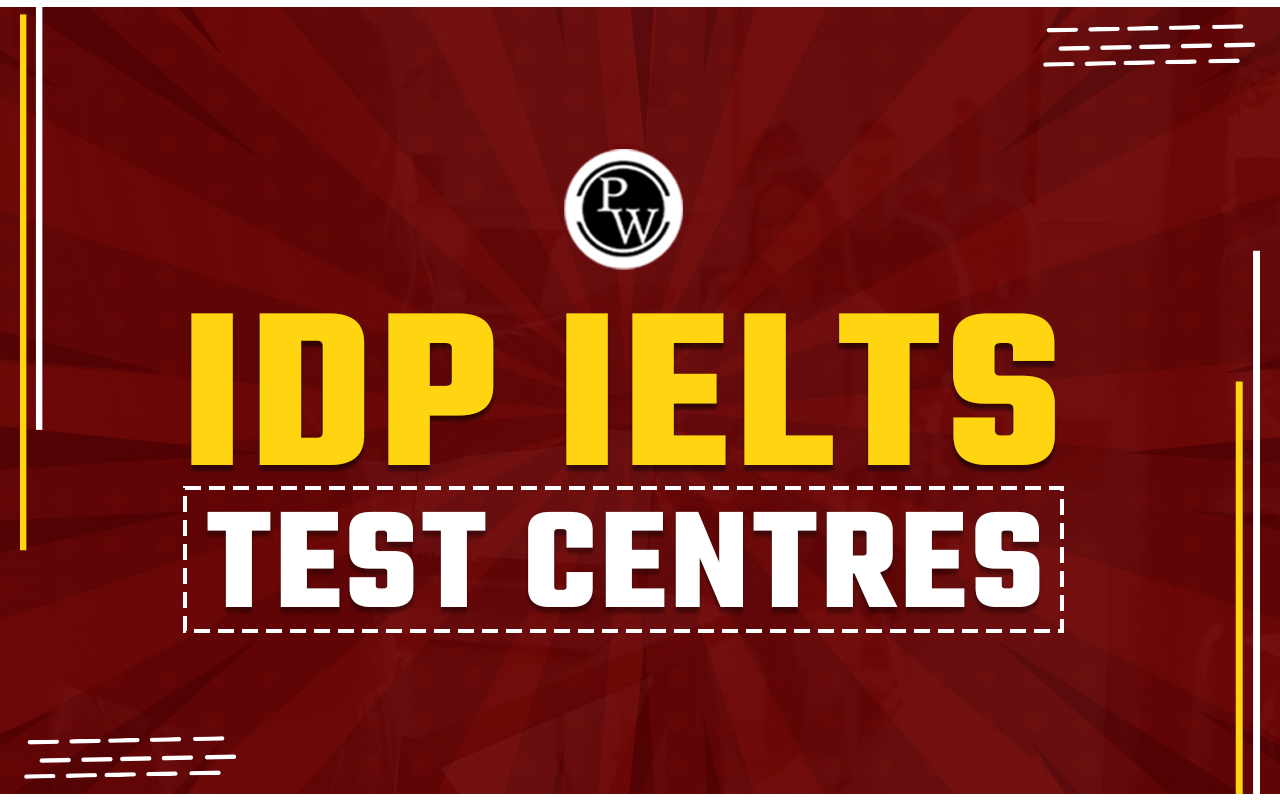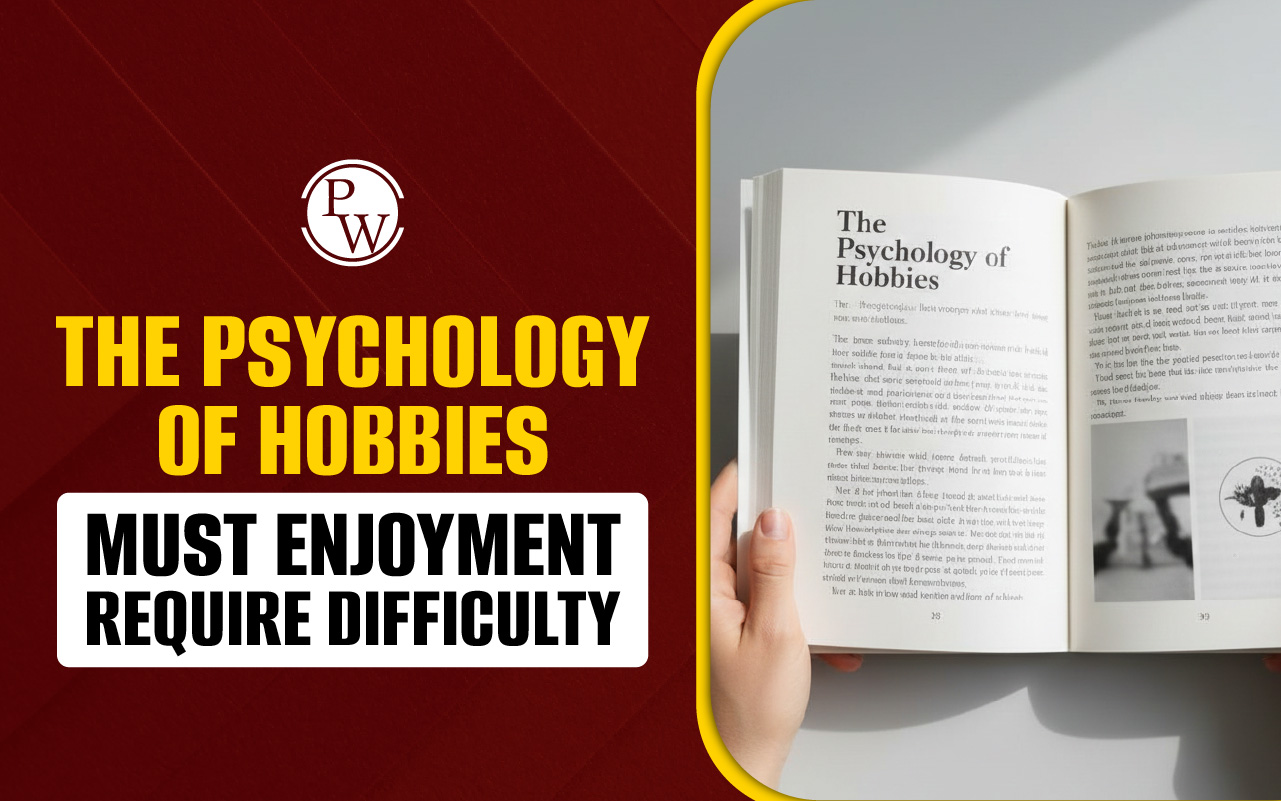
How to Use Modals for Opinions and Suggestions in IELTS: Using modals effectively is a crucial skill for excelling in the IELTS exam, particularly in the Speaking and Writing sections. Modals, which are auxiliary verbs, help convey various degrees of certainty, obligation, possibility, and advice. When used correctly, they can make your responses more precise, nuanced, and sophisticated—key qualities that the IELTS examiners look for when assessing your English proficiency.
This article explores how to use modals specifically for expressing opinions and giving suggestions, with clear examples, tips, and a comprehensive guide to maximize your IELTS band score.Why Every IELTS Student Should Study Grammar?
What Are Modal Verbs?
Modal verbs are auxiliary verbs that modify the meaning of the main verb. They express abilities, permissions, obligations, possibilities, and advice. Some commonly used modal verbs include:| Modal Verbs | Usage | Examples |
|---|---|---|
| Can/Can’t | Ability, possibility, permission | “You can study abroad if you try.” |
| Could/Couldn’t | Polite suggestions, past abilities | “You could consider attending a course.” |
| Should/Shouldn’t | Advice or recommendations | “You should practice writing essays.” |
| Must/Mustn’t | Strong obligation, prohibition | “You must prepare for the Speaking test.” |
| Might/May | Possibility, polite permission | “It might rain during your travel.” |
| Will/Would | Certainty, polite offers | “You will succeed with consistent practice.” |
| Shall/Shan’t | Formal suggestions, intentions | “Shall we discuss the next topic?” |
IELTS Writing Band Descriptors
Why Are Modals Important in IELTS?
Modals are essential for expressing opinions, hypothetical ideas, and giving suggestions—key tasks in both IELTS Speaking and Writing. Below are their main advantages:1. Clarity and Nuance : Modals help you express how strongly you feel about a particular opinion or suggestion.
- Example: “Governments should invest more in renewable energy.” (advice) vs. “Governments must invest more in renewable energy.” (strong obligation).
2. Grammar Range and Accuracy : Proper use of modals demonstrates a good command of English grammar, a crucial aspect of the IELTS Band Descriptors.
3. Formality and Politeness : Modals like could , might , and would make your tone polite and formal, suitable for IELTS Writing Task 2 or Speaking Part 3.
How to Improve Your Grammar for IELTS?
Using Modals for Opinions in IELTS
When presenting your views in the IELTS exam, modals can help you express varying degrees of certainty or confidence.| Modal | Function | Example |
|---|---|---|
| Should | Expresses personal opinion or recommendation | “People should recycle more to protect the environment.” |
| Must | Shows a strong belief or conviction | “Governments must take immediate action to address climate change.” |
| Might | Presents a possibility | “This policy might improve public health.” |
| Could | Suggests a polite or tentative opinion | “Students could benefit from more practical learning methods.” |
| Would | Used for hypothetical or conditional opinions | “It would be better if companies reduced plastic packaging.” |
Tips for Using Modals in Opinions (Writing and Speaking)
Mastering the use of modals is essential for expressing opinions effectively in both IELTS Writing and Speaking. Modals like should , must , and might add precision and depth, helping convey your stance clearly and confidently. Below are some practical tips to elevate your use of modals in IELTS.-
IELTS Writing Task 2
:
- Use should and must to express recommendations or obligations in your arguments.
- Example: “To improve public transport, the government should allocate more funds to infrastructure.”
-
IELTS Speaking Part 3
:
- Express tentative opinions with might or could when unsure.
- Example: “Introducing stricter laws might reduce crime rates, but education could play a more significant role.”
Using Modals for Suggestions in IELTS
Suggestions often involve recommending an action or offering solutions. Modal verbs such as should , could , and might are commonly used for this purpose.| Modal | Function | Example |
|---|---|---|
| Should | Gives direct advice | “You should focus on improving your vocabulary for the IELTS Writing Task.” |
| Could | Offers a polite or tentative suggestion | “You could try listening to podcasts to improve your English.” |
| Shall | Makes formal suggestions (used in questions) | “Shall we discuss another example?” |
| Might | Suggests a less certain possibility | “You might want to enroll in an online preparation course.” |
| Would | Implies a hypothetical or polite suggestion | “It would be helpful to practice mock tests regularly.” |
Strategies for Giving Suggestions in IELTS Speaking
Providing suggestions effectively in IELTS Speaking showcases your ability to communicate ideas clearly and use appropriate vocabulary. Modals like could , should , and might are key to framing polite and thoughtful recommendations. Below are strategies to refine your approach to giving suggestions during the test.-
IELTS Speaking Part 2 (Cue Card)
:
- When asked to discuss a solution or recommendation, use modals to make your suggestions more engaging.
- Example: “To reduce pollution, governments could introduce more electric buses in cities.”
-
IELTS Speaking Part 3
:
- Use modals to discuss broader societal suggestions.
- Example: “To tackle unemployment, governments might focus on providing vocational training programs.”
How to Use Modals Effectively in IELTS Writing
Using modals effectively in IELTS Writing is essential for expressing opinions, making suggestions, and presenting balanced arguments. Words like should , could , and might help convey certainty, possibility, or advice, making your writing more nuanced and precise. Whether crafting a Task 2 essay or responding to Task 1 data, mastering modals enhances your grammar range and clarity, contributing to a higher band score. Let’s explore how to use modals skillfully in IELTS Writing.IELTS Writing Task 1 (Formal Tone)
In Task 1, modals are particularly useful for Academic reports and letters (General Training). Here’s how:-
Academic Task 1
(Trends and Predictions):
- Use modals like might or could to describe possible future trends.
- Example: “The number of electric vehicles might increase significantly by 2030.”
-
General Training Task 1
(Letters):
- Use polite modals like could or would to make polite requests or suggestions.
- Example: “Could you please let me know the available dates for the seminar?”
IELTS Writing Task 2 (Opinion Essays)
In Task 2, where you need to discuss both sides or provide a solution, modals can help strengthen your arguments:-
Expressing Opinions
:
- Use must for strong beliefs: “Governments must regulate online content to ensure children’s safety.”
- Use might for tentative views: “This approach might lead to better long-term results.”
-
Making Suggestions
:
- Use should or could to recommend solutions: “Parents should monitor their children’s screen time to prevent addiction.”
| IELTS Exam Important Links | |
|---|---|
| IELTS Reading Band Score | IELTS Listening Band Score |
| IELTS Speaking Band Score | IELTS Writing Band Score |
Common Errors to Avoid When Using Modals
Using modals in IELTS can enhance your grammar score, but even small errors can impact clarity and accuracy. Common mistakes include incorrect verb forms, misuse of modal meanings, or overuse. Avoiding these errors ensures your opinions and suggestions are expressed clearly and effectively, helping you achieve a higher band score. Let’s explore the pitfalls to watch out for when using modals.| Error | Example of Incorrect Usage | Correct Usage |
|---|---|---|
| Using multiple modals together | “You must should study harder.” | “You must study harder.” |
| Incorrect form of the main verb | “He should to go to class regularly.” | “He should go to class regularly.” |
| Overusing strong modals like must | “We must ban all social media.” | “We could consider regulating social media.” |
| Mixing modal meanings inappropriately | “It can be better if we...” | “It would be better if we...” |
Practical Exercises to Master Modals
Mastering modals requires practice to ensure their correct use in expressing opinions and suggestions. Practical exercises, such as sentence completion and error correction, can help solidify your understanding. Let’s explore some effective activities to sharpen your modal skills for IELTS. Let us look at some of the examples :-Exercise 1: Fill in the Blanks
Choose the correct modal verb to complete each sentence:- Governments ______ invest more in renewable energy sources. ( could/should/might )
- Students ______ focus on practicing mock tests before the IELTS exam. ( can/would/should )
- It ______ be a good idea to introduce online education for rural areas. ( will/might/could )
Answers :
- Should
- Should
- Might
Exercise 2: Rephrase the Sentences
Rewrite the following sentences using modal verbs:-
It is necessary for students to practice daily to improve their band scores.
- Students must practice daily to improve their band scores.
-
There is a possibility that the IELTS exam will become computer-based in all centers.
- The IELTS exam might become computer-based in all centers.
Advanced Tips for Using Modals in IELTS
Using modals effectively in IELTS can elevate your writing and speaking scores, especially when expressing nuanced ideas. Advanced tips focus on precision, variety, and context-appropriate usage to enhance fluency and coherence. Let’s dive into strategies that make your modal usage stand out.-
Vary Your Modals
: Instead of repeatedly using
should
, incorporate other modals like
might
,
would
, and
could
to showcase a range of grammatical knowledge.
- Example: “Governments might provide subsidies for eco-friendly businesses, but they should also regulate emissions.”
-
Match Tone with Context
:
- Use must and shall for formal contexts.
- Use could and might for tentative or polite suggestions.
- Practice in Context : Incorporate modals into your IELTS practice essays and Speaking responses to ensure natural usage.
PW IELTS Prep
PW IELTS provides online coaching to help students prepare for the test using a disciplined approach. PW provides IELTS Coaching for both Academic and General Training. To get a band score of 8 or above on the IELTS test, students must participate in PW's IELTS coaching program. Physics Wallah provides great online education for the IELTS to a variety of students. This course has been designed by highly qualified faculty members to help students prepare for the IELTS test.| IELTS Exam Other Related Links | |
| IELTS Exam | IELTS Academic Vs General |
| IELTS Registration | IELTS Eligibility Criteria |
| IELTS Mock Test | IDP IELTS Test Centers |
| IELTS Cut Off | IDP IELTS Slot Booking |
How to Use Modals for Opinions and Suggestions in IELTS FAQs
Q1. What are modals, and why are they important in IELTS?
Q2. How can I use modals to express opinions in IELTS Speaking and Writing?
Q3. Can I use modals in both IELTS Writing Task 1 and Task 2?
Q4. What’s the difference between using 'should' and 'must' for suggestions in IELTS?
Q5. How can I avoid errors while using modals in IELTS?










